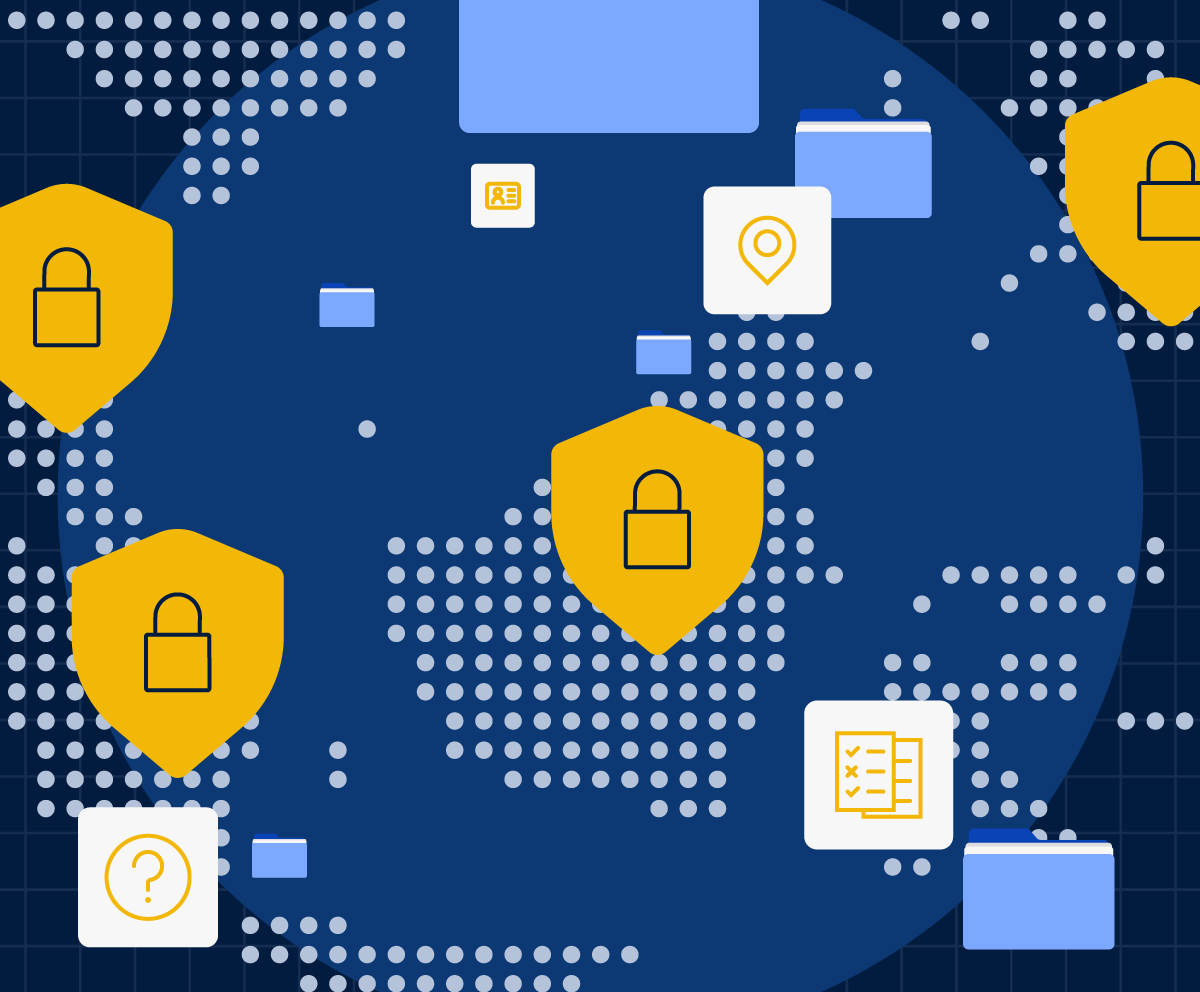In the age of information, data reigns supreme. Data fuels the digital world, from the targeted ads that are bombarded at you across the web to the personalized recommendations on your favourite streaming service. This ever-growing pool of information holds a vast potential for innovation, progress, and an in-depth understanding of ourselves and the world around us.
However, unlocking this potential depends on a critical aspect: creating a strong value exchange for data. In easier terms, a fair exchange where consumers receive something of value in return for sharing their information. This blog post will explore why a strong value exchange is important for a healthy data ecosystem and how it benefits consumers and brands.
The Data Landscape
Data comes in many forms, from structured numbers in a spreadsheet to the unstructured content of social media posts. The sheer volume of data being generated is overwhelming. Every click, search, and purchase contributes to a growing data repository. This "data economy" has emerged, where information is a valuable asset used to empower businesses, personalize experiences, and drive innovation.
The Importance of Value Exchange
While the potential of data is undeniable, the current data exchange system is often unbalanced. Concerns about privacy, security, and a lack of transparency often leave users feeling like their data is being taken and used without their consent. This damages the brand trust and obstructs the responsible use of data.
A strong value exchange for data addresses these concerns head-on. It ensures that consumers understand how their information is used, have control over its usage, and potentially receive something of value in return. This could be anything from discounts and rewards to a better understanding of how their data is contributing to research or innovation.
Benefits of a Strong Value Exchange
A well-defined value exchange builds a win-win situation for both consumers and brands.
For Consumers:
- Empowered Users, Better Data: When brands feel in control (data ownership, opt-in/out options, storage limitations) they're more likely to share accurate and relevant information. This translates to higher quality data for your business.
- Transparency Builds Trust: Clear communication about data collection goals, benefits of sharing, and anonymization practices fosters trust with brands. This translates to a more reliable pool of data and increased willingness to share in the future.
- Incentivize Valuable Data: Rewards like discounts, exclusive content, or even payments for research participation incentivize brands to share valuable data points they might not otherwise obtain. This enriches your data pool and fuels deeper insights.
- Building Trustworthy Relationships: Positive data-sharing experiences build trust between your brand and users. This fosters a more loyal customer base and strengthens the overall data ecosystem, leading to long-term benefits for your business.
For Brands:
- Quality Data: A strong value exchange encourages informed participation from consumers. This leads to higher quality and more reliable data for brands. Imagine having access to an ocean of research data where participants clearly understood the purpose of the study and were actively engaged in contributing their data. This ensures the data is accurate and relevant, leading to more meaningful insights and analysis.
- Security: Strong value exchanges often go hand-in-hand with strong data security practices. When consumers trust how their information is being used, brands are more likely to invest in strong security measures to protect that data. This benefits everyone by reducing the risk of data breaches and unauthorized access.
- Transparency: Increased trust from consumers leads to a more transparent and accountable data ecosystem. Brands are held to higher standards of data collection and usage practices. This fosters an environment where everyone is responsible for protecting data privacy and using it ethically.
- Innovation: Responsible data use, enabled by a strong value exchange, unlocks the full potential of data for innovation. When data is accurate, secure, and ethically collected, it can be used to develop groundbreaking solutions in various fields, from healthcare and personalized medicine to sustainability and social good initiatives.
Creating a Strong Value Exchange
So how do we create this ideal data exchange environment? Here are some key principles:
- Transparency and User Control: Transparency takes centre stage. Interactive explainer videos and quizzes simplify data collection practices. You control the reins with granular settings: opt-in/out options with clear descriptions for each data use, time limits on storage, and the power to choose what you share. Imagine choosing which data fuels targeted ads or helps find nearby friends. Selective sharing lets you personalize your experience (think music preferences for playlists) while keeping unrelated browsing history private. This empowers you to navigate the data ecosystem with confidence.
- Fairness and Compensation: The data deal is changing. Forget the one-sided free service model. Imagine earning rewards for surveys, then using them for discounts or donating to research you care about. Fairness goes beyond individual rewards. Scarce data, like anonymized medical info from patients suffering rare diseases, might be compensated more. Communities can also benefit. Imagine residents pooling anonymized traffic data to negotiate better deals with service providers. A fair system ensures everyone wins in the data economy.
- Security and Privacy: Security is not to be underestimated and ignored as an afterthought. Imagine "security scorecards" explaining how your data is protected, with strong encryption and regular audits. Following data privacy regulations (like GDPR) becomes a sign of respect, not a chore. Clear explanations of your data rights empower you. You'd receive reports on how your data is used and anonymized, ensuring it's never misused. In this environment, sharing your data feels like a collaboration and an empowerment, not a risk.
Conclusion
Traditional data acquisition is dying. Today's empowered brands demand control, transparency, and rewards in exchange for their valuable information. Businesses that prioritize this value exchange win. Bounty Media helps you build a user-centric data strategy that unlocks deeper insights, strengthens customer relationships, and fuels marketing success. Partner with us and thrive in the new era of data acquisition.
Our latest news and blog articles
State of PDPAs in SEA and Impact on Data Collection
The digital age has helped transform Southeast Asia (SEA) into a vibrant economic hub. This growth is driven by a growing internet user base and a ...
Trust and Transparency: How It Can Boost Your Success
Imagine scrolling through a social media feed and being bombarded with targeted ads. They boast supreme features and benefits, but the source feels ...
Data Silos: The Hidden Barriers to a Seamless Digital Experience
Have you ever filled out the same information on multiple websites in a row? It's a frustrating experience, but it's just one example of how data ...




